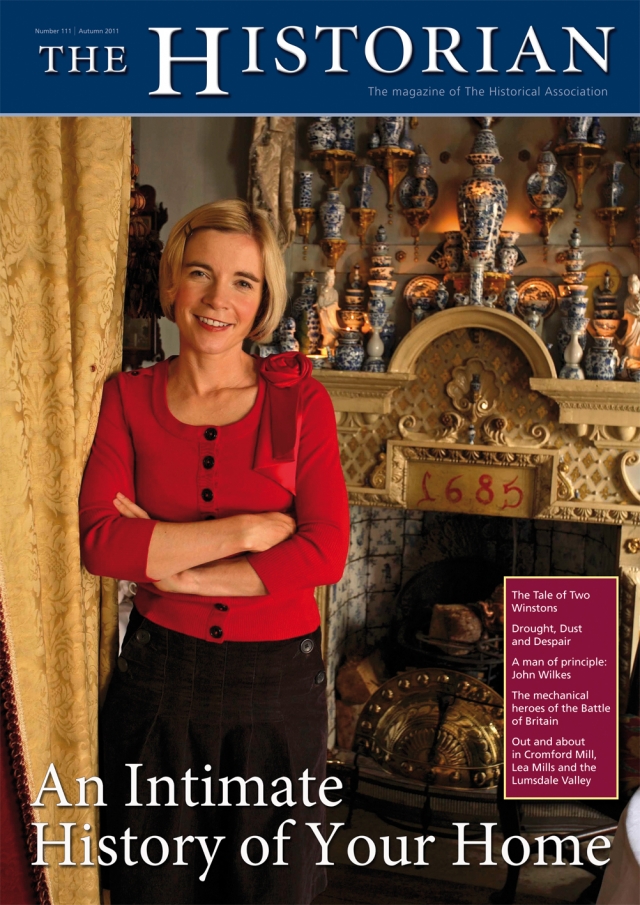This page will be regularly updated.
I am currently writing an article for The Historian, which will hopefully be printed in their Autumn edition.
This piece is inspired by my research for Hedonistic Histories, but has an increased focus on the historiography, and why hedonism needs to be considered as its own theme within historicity.

The article synopsis is as follows:
Hooked on Hedonism is an article which mixes styles and periods to create an intellectually thrilling account of elite history. A comparative analysis of French Court in the seventeenth-century and British country homes in the nineteenth-century reveals a replicated culture of performed hedonism across elite communities. Hedonism has not previously been written about as a grand theme in historical writings. Instead, themes were split into power, excess and luxury. This article will use the comparative method to combine these themes, demonstrating the need for ‘hedonistic histories’. Readers will be tantalised by tales of scandal and academics will be encouraged to consider the possibility that elite history is not frivolous, but a significant part of pleasure-seeking cultures. The article is structured thematically, showing the existence of a singular hedonistic culture within the ruling classes, across countries and time periods. Specific focus will be on leisure activities which demonstrated power and status by performing freedom of time. This includes shooting (which shifted from a military requirement to an upper class sport), balls, gambling, dining, and education of high cultures and arts (notably, comparing the parallels between the gold gilded Versailles, and taxidermy in British country homes). These perusals of pleasure are explored in conjunction with the following theories: Michel Foucault’s ‘power-knowledge’, Pierre Bourdieu’s ‘distinction’ and Thornstien Veblen’s ‘conspicuous consumption’. Overall, this article aims to inform on the similarities between elite classes, which are paralleled by one overarching hedonistic culture.
I chose to publish with The Historian as they are a publication which prioritises readable history. This is important to me as a public historian, as journal articles can often be inaccessible due to their academic jargon. The magazine has a large readership, formed of an interested public, and academics who are a part of the Historical Association. In writing for this combined audience, I am able to stay true to my academic ambitions, whilst engaging with an audience who want to know more about the past.
